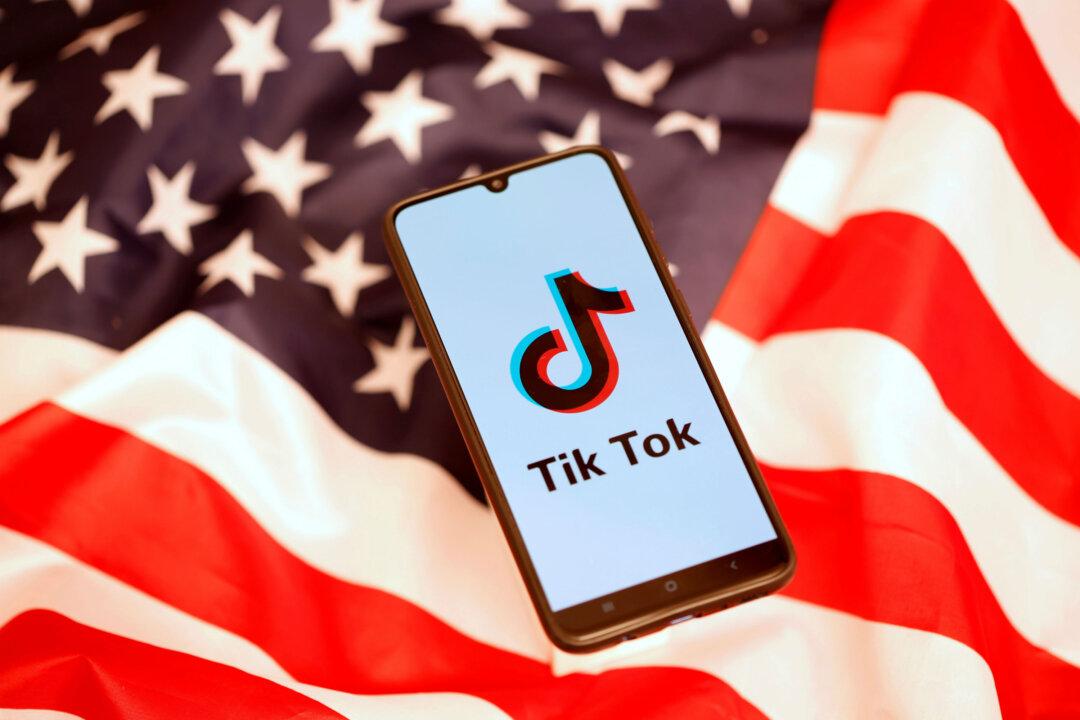The U.S. military has banned its soldiers from using the Chinese video-sharing app TikTok on government-issued phones due to cybersecurity risks, as the company’s relations with the Chinese regime come under growing scrutiny.
The move came after the Defense Department issued a “Cyber Awareness Message” on Dec. 16 that identified the “potential risk” associated with the social media app, Lt. Col. Robin Ochoa, an Army spokeswoman, told The Epoch Times in an email.





